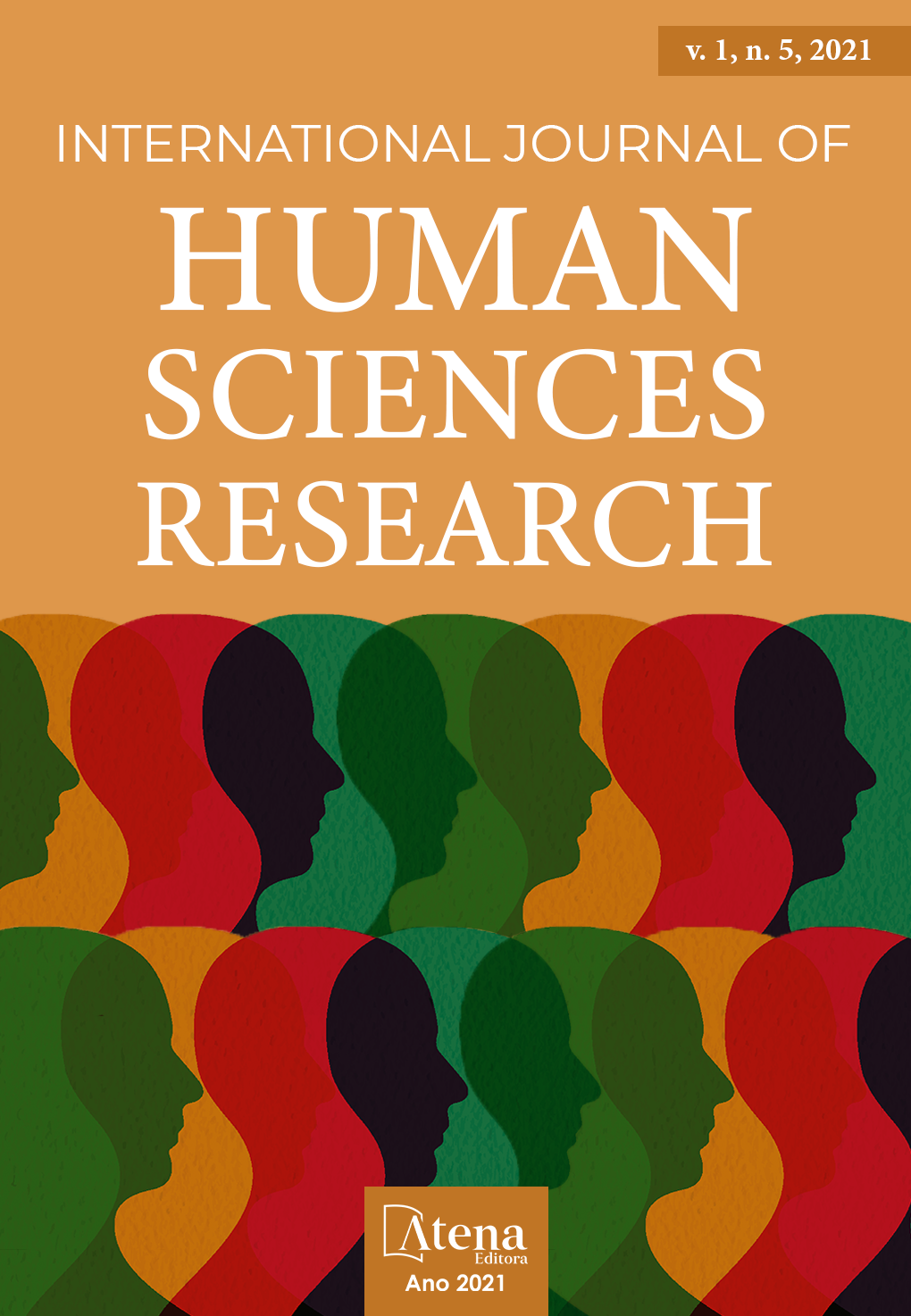
THE CRISIS OF THE CORONAVIRUS PANDEMIC AND IMPLICATIONS FOR THE FUNCTIONING OF HIGHER EDUCATION IN MOZAMBIQUE: A BIBLIOGRAPHIC REVIEW
This article aimed to understand the successful changes in institutional practices and routines in higher education in the face of the Covid-19 crisis, highlighting the challenges of the sector's functioning in the context of the pandemic in Mozambique. The scenario of rapid spread and declaration of the new coronavirus as a world pandemic by the World Health Organization made the government declare a State of Emergency in 2020, with successive extensions, and followed by the declaration of Public Calamity Situation in 2021. This imposed the adequacy and adaptation of teaching-learning activities to the new health reality. It is a work that is classified as a qualitative approach and descriptive and exploratory typology, essentially supported by a bibliographical and documentary review. The results indicate direct implications and profound changes in the teaching process and dynamics due to emergency measures and suspension of in-person classes that imposed the sudden adoption of digital technologies and platforms in higher education.
THE CRISIS OF THE CORONAVIRUS PANDEMIC AND IMPLICATIONS FOR THE FUNCTIONING OF HIGHER EDUCATION IN MOZAMBIQUE: A BIBLIOGRAPHIC REVIEW
-
DOI: 10.22533/at.ed.5582103127
-
Palavras-chave: Pandemic; Health Crisis: Changes: Learning; University education.
-
Keywords: Pandemic; Health Crisis: Changes: Learning; University education.
-
Abstract:
This article aimed to understand the successful changes in institutional practices and routines in higher education in the face of the Covid-19 crisis, highlighting the challenges of the sector's functioning in the context of the pandemic in Mozambique. The scenario of rapid spread and declaration of the new coronavirus as a world pandemic by the World Health Organization made the government declare a State of Emergency in 2020, with successive extensions, and followed by the declaration of Public Calamity Situation in 2021. This imposed the adequacy and adaptation of teaching-learning activities to the new health reality. It is a work that is classified as a qualitative approach and descriptive and exploratory typology, essentially supported by a bibliographical and documentary review. The results indicate direct implications and profound changes in the teaching process and dynamics due to emergency measures and suspension of in-person classes that imposed the sudden adoption of digital technologies and platforms in higher education.
-
Número de páginas: 31
- Benedito Jaime Monjane
- Domício Moisés Guambe
- Albino Alves Simione
- Pedro José Zualo


